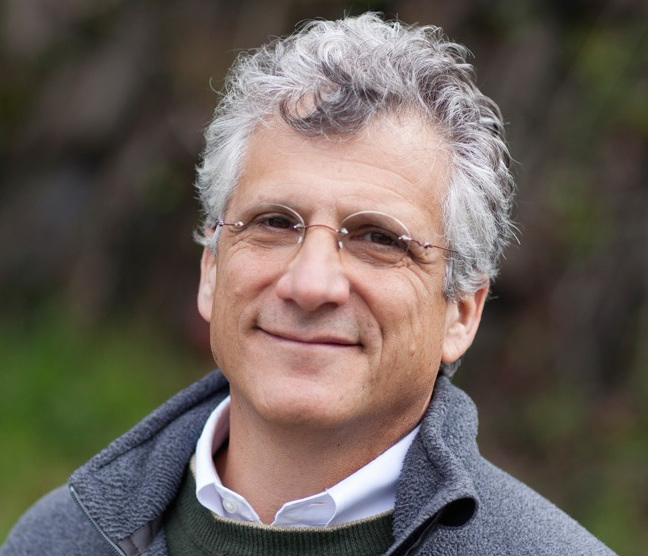News



Are You A Food Innovator? Skip Wharton; Try This New B-School
Forbes | Posted: 11/10/2014
View original article here.
Photo Credit: Jonathan Cherry
[ssba]
Press Release



Are You A Food Innovator? Skip Wharton; Try This New B-School
Posted: 11/10/2014
For most careers, there’s nothing like advanced business training from the likes of Wharton, Stanford or Harvard. But if you’re a food-obsessed innovator, maybe you want a curriculum that emphasizes baguettes along with balance sheets; organics as well as org charts. If so, the Culinary Institute of America is rolling out what may become the tastiest B-school in America. Say hello to the Food Business School (FBS), a Culinary Institute creation aimed both at emerging entrepreneurs and established managers wanting to touch up their skills. The school will be led by William Rosenzweig — who won his entrepreneurial chops as the founding CEO of Republic of Tea, and who more recently has been an active faculty member at the University of California (Berkeley)’s Haas School of Business. Rosenzweig says the FBS will provide two main teaching tracks. For people already established in the food industry, he will focus on short, three- to four-day immersion programs with a brainstorming focus. These will be akin to the short, executive-education programs offered by traditional business schools. They will start early next year. For emerging entrepreneurs, Rosenzweig wants to offer a deeper, 30-week program that will “be an alternative to an MBA.” Early sessions will provide hands-on exposure to the unique food cultures of places such as Portland, Ore., and New York City, as well as briefings on the ins-and-outs of agribusiness in California’s Central Valley and the food-regulatory workings of Washington, D.C. Later sessions will help innovators sharpen up their presentations, in hopes of improving their chances of winning venture-capital backing. Plans are to start the full-length program in early 2016. The FBS initiative comes amid growing Silicon Valley enthusiasm about food-related start-ups. While much of the U.S. food industry is still dominated by big, long-established players such as Pepsico, Kraft Foods and Kellogg, the rise of niche brands and local/organic movements has created new opportunities for start-ups. A survey earlier this year by Tech Crunch found that food start-ups raised $350 million in the 12 months ended June 30 of this year, up more than 400% from five years earlier. “Thousands of tech-minded entrepreneurs are flooding into food,” Rosenzweig observed. Their chances of success are likely to be higher, he said, if they can get a solid grounding in food-industry logistics, growing cycles and the like. As he points out, founders’ enthusiasm needs to be tempered by some hard-to-change realities, such as “the fact that it takes 160 days to grow a carrot.” Rosenzweig said that while the FBS hasn’t yet set its prices, they are likely to be in line with traditional rates for other Culinary Institute or business-school offerings. That means they won’t be cheap. Executive education has long been a profit center for business schools, with even the shortest programs often costing thousands of dollars. But, Rosenzweig predicted, if the FBS’s courses help big food companies make the most of new growth opportunities, whatever tuition rates he helps set are likely to be seen as bargains.[ssba]



